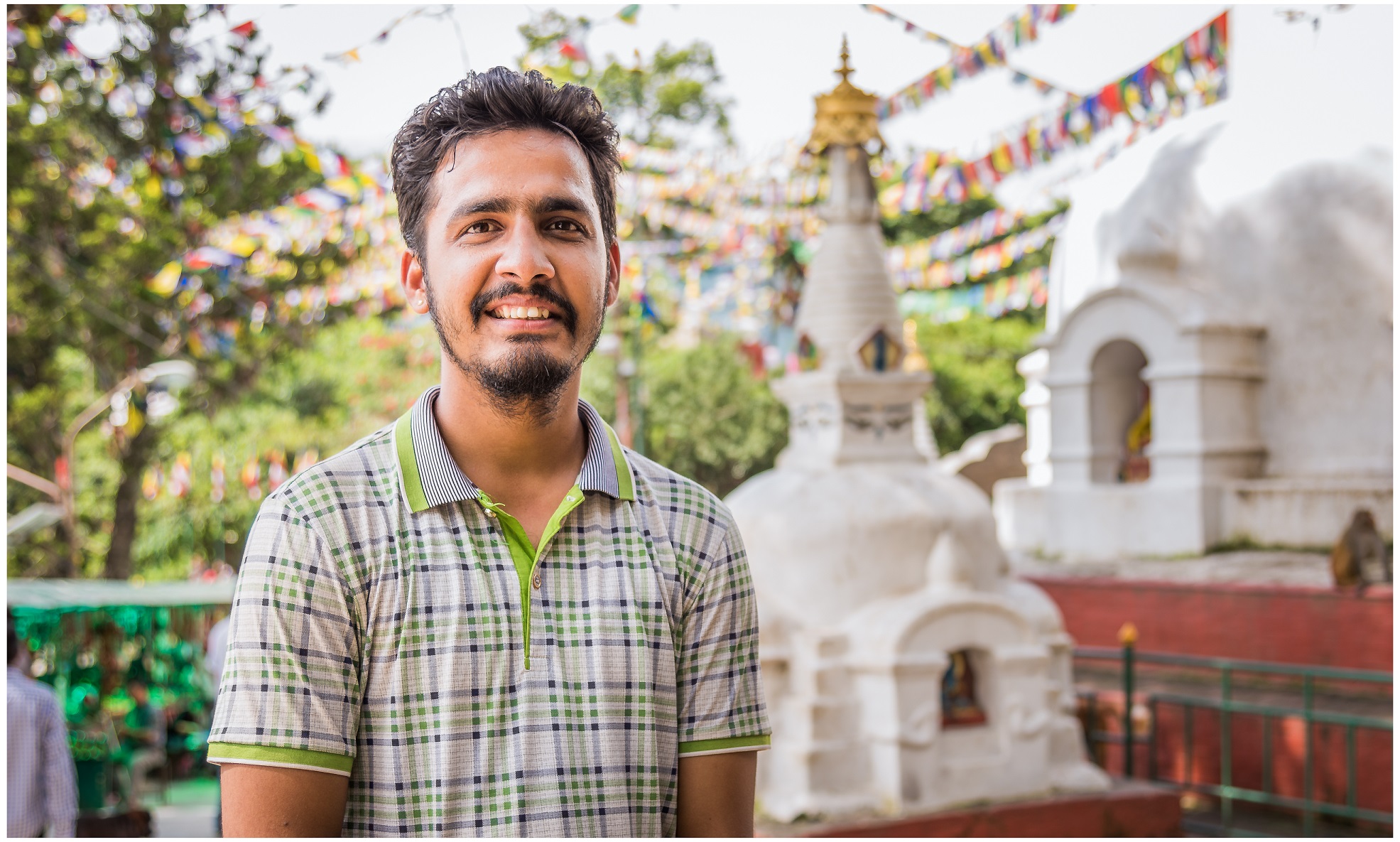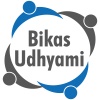In Writing, Quality of the Content Matters: Suraj Subedi
For Suraj Subedi ‘Literature means questioning oneself.’ He is a poet, writer, and translator who holds Masters Degree in English and is currently working in Bikas Udhyami. He owns his own blog where he published poems and stories, reviews on plays and translations. He has been published on several webzines of Nepal. The Catalyst has talked to him about his writing experiences, leadership, and his tastes.
When did you start getting interested in literature and writing?
I used to casually write during my school days, but was not serious about it then. My grandfather was a poet and if I wrote something at school, my teachers used to give him as an example. They would say, ‘he would be like his grandfather.’ Maybe that was the moment, I realized the literature in me. Later, for my undergraduate studies, I took English literature as my subject. There I had the chance to go through western arts, theatre, and social issues. The intimacy grew more thereafter.
What do you usually write about?
My writings are usually based on two forms; literary and critical. In the first one; poems, stories, and travelogues come. These are fictional pieces where I love to meditate on the society I am living in. I usually question to my existence and try to find out the value of my living. The other form is critical writing, where I usually do the review of plays and movies and sometimes translate. This is the thing what my study taught me to do. But mostly I enjoy ‘abstract form of writing.’

Where do you get your inspiration from?
My works are usually inspired by the daily lives of people and the small social problems of our society. For example, I wrote a story about a woman who lost her life due to blood scarcity. Or a poem about a person who lost his father while digging water well. I use the activities of people around me as inspiration and add a meaning by associating that with other people, most of time with myself.
What do you have to say about meditative literature? What kind of presence does it have in Nepal?
Meditative literature is the deep analytical form of literature where you think, analyze and interpret about the little things around you. In conscious level they are hidden, but these things exist along with us. It is a microscopic or let's say telescopic view towards the society. In Nepal, many people are not much interested in this form. Because readership is quite limited. I love reading such pieces so love to write as well.
What do you have to say about the present literature of Nepal?
It is not possible for us to compare our work with renowned literary figures like Laxmi Prasad Devkota and others like him, because their work is different from what we write now. The writings have changed and I would say that present literary works are also impressive though they are different from our past literature. The problem here is that the works are not appreciated the way it should be and comparative study is also lacking. But with the rise of online and social media readership has improved.
What are the challenges you see in the literature field?
Many people are turning into writing and producing anything they like. Thus it is hard to create a noticeable work. People are reading many things, so they expect something new every time. The growing readership has brought a necessity for writers to show originality of thought in every writing. At the same time, groupism according to political sentiment is growing. I am not saying this is wrong but this is making readers polarized towards certain ideologies. So keeping the work beyond these things are getting tough nowadays.
As a writer yourself, who are the other poets or authors whose works you admire or get inspired from?
I read mixed books. If someone says this is good, I love to read that. Otherwise, I follow reviews published in newspapers and social media before buying a book. In Nepali fiction, I like Nayan Raj Pandey and Buddhi Sagar’s work. In the field of play, I prefer works of Sunil Pokhrel, Bimal Subedi, and Sulakshyan Bharati’s works. Niraj Bhattarai, Suman Pokhara, Nabin Prachin are some of my favorite poets.
What is your secret/ trick to getting readers’ attention in blogging? What is the best comment your reader has given to you?
Rather than getting the attention of the reader, I focus on providing qualitative work with a good content. According to the field of literature, the reader’s view differs. For example., if I write about plays then there are not that many readers as not many Nepalese people are interested in plays. I don’t complain.
I once translated an interview of a woman from Uganda whose family was the victim of a massacre. She talked about forgiveness and reconciliation. She meets the murderer of her family in jail and forgives him. Many appreciated that work. My teacher, who I respect a lot, also shared that by thanking me. People associate themselves with her courage and kind heart.
Your favorite writing of yourself and what is it about?
My favorite work written by me would be ‘ Ama Ra Anuhar Ko Dharsha’, which I wrote about my mother. It is very much an emotional essay which, I myself go through the time and again. This is among my most read pieces.
You have been in South Asian Literature Festival last year. Can you share your experience of being there?
It was a really good experience. It was kind of a cultural exchange where I got the chance to know what kind of writing is taking place in SAARC countries and what kind of subject is more popular in a particular country. We got the chance to present and have a discussion about poems and literature and our present situation. Learning their other participants’ writing styles was a fruitful experience. I also presented my three meditative poems and people loved that.
What is leadership for you?
This is hard for me to define. But I would say leadership is doing something that many others people think to do but wait for someone to start. It should be something they would appreciate thereafter. And I believe doing anything positive in a pattern also follows leadership traits. It makes easier for people to expect something from you.
Do you think you are contributing the development of society through your writing?
It is also a blur thing to answer but I would say yes because I am writing for those who love to read. In search of the content, either I am going into the society or paying attention to what is happening there. It is in a way getting close to where I belong. As society is the place of all, I am playing my part as a writer like a social worker plays as a social worker, or politician plays as a politician.
How do you think young people can be more involved in Nepal’s development?
Everyone should equally contribute wherever they are in and there are good at. As I said earlier doing something in pattern and in regular basis leads towards the better understanding of the subject. And every understanding in a way contributes to the overall development of the country. It teaches us to ask questions from various angles and search the solution. This is what everyone should do.
Any suggestions for young aspiring Nepali?
Never stop writing, keep on continuing with what you are interested in. Get connected with people with whom you can share and learn about writing, which will help you to evolve and mature in life.
